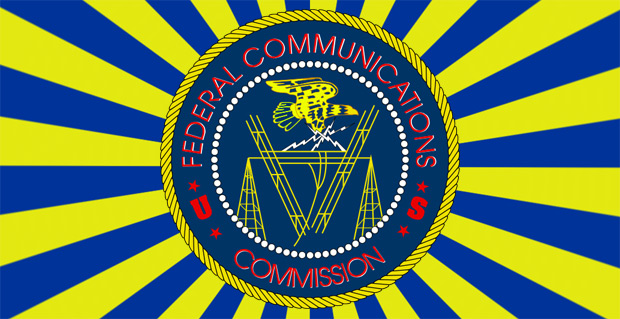
The FCC continues to push for Net Neutrality, with an actual vote set for later this month. The Commission’s chair, Julius Genachowski, is set to give a speech on the subject today, but luckily it’s already been posted online. The reason for all of this? “The animating force behind all of these efforts is a shared appreciation for the Internet’s wondrous contributions to our economy and our way of life.” Or are you against the Internet’s “contributions to our economy and our way of life”?
As I read the speech, there’s really nothing too controversial about it. All the FCC is trying to do is to ensure that the Internet, in the words of President Obama, remains “open and free.”
Surely you don’t want the Internet to be “closed and non-free,” right?
Or do you simply not care? My guess is that the average person walking down Main Street doesn’t care one way or the other. That is, until they try to use Netflix and find out that it doesn’t work. That’s when people will care: when they’re directly inconvenienced.
An open and free Internet, says Genachowski, is “the American dream at work.”
Would a site like Facebook taken off if Zuckerberg & Co. not had access, in their Harvard dorms, to a free and open Internet? I doubt it.
So, how to ensure this openness?
If the FCC gets its way, it will establish, for the first time ever, “open Internet rules.”
It goes a little something like this:
• “[C]onsumers and innovators have a right to know basic information about broadband service, like how networks are being managed.” So, if Comcast decides to throttle your BitTorrent traffic for whatever reason, you have a right to know.
• “[C]onsumers and innovators have a right to send and receive lawful Internet traffic—to go where they want and say what they want online, and to use the devices of their choice.” No ISP should be able to tell you that they’re not going to carry this or that traffic—see: Netflix and Comcast— for whatever made-up reason.
• “[C]consumers and innovators have a right to a level playing field. No central authority, public or private, should have the power to pick which ideas or companies win or lose on the Internet; that’s the role of the market and the marketplace of ideas.”
Genachowski then adds that ISPs should be allowed to manage their networks to, in part, “address the effects of congestion.” And that’s fine, provided the ISPs inform their users what they’re doing, and why. Maybe an ISP wants to limit download speed between the hours of 6pm and midnight in order to ensure that everyone in an area can actually access the Internet?
All of this seems eminently reasonable, but I’m willing to entrain differing points of view.